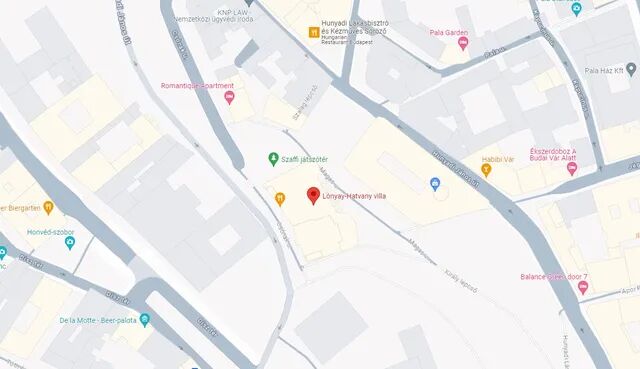English
Western Resources for China: From Hegel to the Age of AI
The Danube Institute presents Dr. David Lloyd Dusenbury’s next panel discussion in the framework of the China and the West: Resources of the Past lecture series: “Western Resources for China: From Hegel to the Age of AI”
We have entered a period of regional retrenchment, which brings with it new risks of great-power conflict. Heightened tensions between China and the West are especially concerning. In this context, we must ask: Can China and the West draw upon shared resources of the past, to better understand themselves and each other? In this lecture, we will see that modern China not only bears within itself certain hidden legacies of Western philosophy – but of religion.
There is nothing new in the suggestion that modern China is influenced by the West: Marxism is a product of 19th-century Europe. Powerful theorists of the Chinese state, such as Wang Huning, accept that the West has offered at least one resource to 21st-century China’s “political culture”. But what is less obvious is this: China’s political culture is indebted to the philosophy of G. W. F. Hegel – and, with it, to many Christian ideas. We will begin to explore Hegel’s Asian legacy in this lecture.
What is more, China’s stunning advancements in the domain of artificial intelligence (AI) are historically indebted to Christian concerns and ideas. For the mathematical origins of digital computing and the conceptual roots of AI lie in the writings of G. W. Leibniz. And remarkably, Leibniz’s breakthroughs – which still shape the technological landscapes of China and the West – were made when he was pondering a Latin version of the ancient Chinese text, I Ching (or Yijing), together with the biblical Book of Genesis. When the first horizons of AI were sketched by Leibniz, he was inspired by the Christian notion of “creation from nothing” (in Latin, creatio ex nihilo). Even China’s super-smart cars, then, owe something to the ancient religious culture of the West.
The lecture will be followed by a brief discussion with Philip Pilkington, Macroeconomist, Visiting Fellow, Danube Institute.
Biography:
Dr. David Lloyd Dusenbury is a philosopher and historian of ideas. From 2021 to 2024, he was Senior Fellow at the Danube Institute. His essays and criticism have appeared in The Times Literary Supplement, The Spectator, American Affairs, and many other venues. His most recent book, I Judge No One: A Political Life of Jesus, is out now with Oxford University Press.
Details:
Date: June 13, 2025, 2:00pm
Venue: Lónyay-Hatvany Villa, 1 Csónak Street, 1015 Budapest
(Entrance: Aranybástya Restaurant)
Language: English
Participation is free; however, due to limited seating, pre-registration is required by clicking the button below.
Venue:
Lónyay-Hatvany Villa - Theater
1015 Budapest, Csónak utca 1.Entrance: Aranybástya Restaurant
